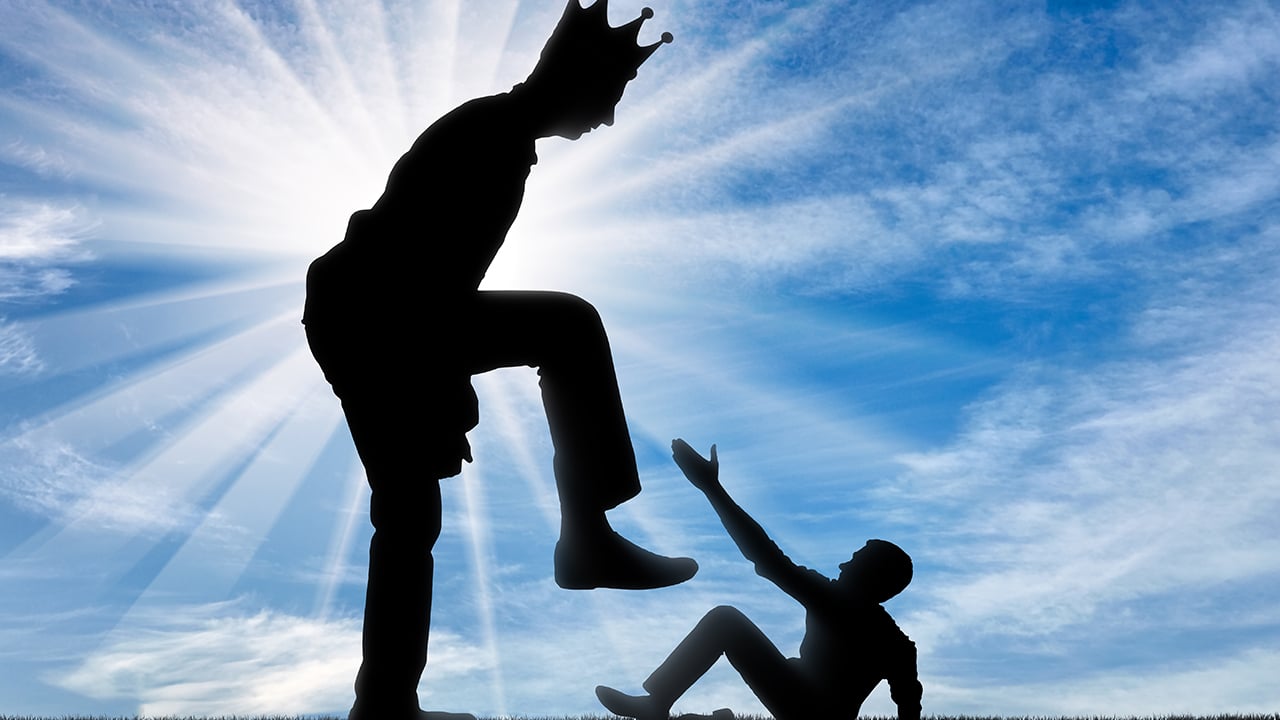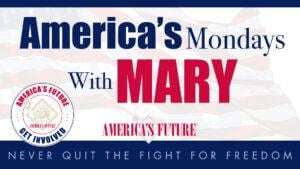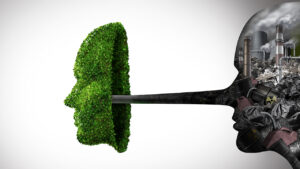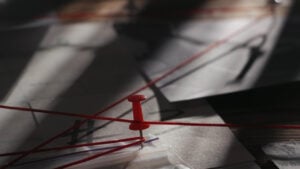
Whenever government is entrusted with a power to do good, we should expect that it will be abused to do ill. Government is particularly dangerous when it seeks to protect Americans from making bad decisions. To be sure, it usually is the federal government that abuses its powers, but one governmental power entrusted to the states is being increasingly abused. That power is occupational licensure — the authority of government to regulate who may practice a given profession or vocation. If the government can decide who may lawfully work in a given field, it arbitrarily can prohibit Americans from making a living in their field of expertise and choice — an awesome power indeed.
Most American’s first reaction to any criticism of occupational licensure is to say: “I don’t want my neighbor to remove my appendix.” Answer: “then don’t hire your neighbor to do surgery.”
Most American’s second reaction is: “Without licensing, how will I know the person I am dealing with is competent?” Answer: “with licensing, you still don’t know if the person you are hiring is competent.” Caveat Emptor (Buyer Beware).
If the government did not license occupations, then private certification groups would spring up, and they would compete with each other to ensure the persons they certify were not just minimally qualified, but actually competent. Do you remember the Betty Crocker Good Housekeeping Seal of Approval? Products would be tested, and only if they passed the tests, Good Housekeeping would allow the product to be advertised with their Seal of Approval and provide a limited warranty. (The program still exists.) Even with occupational licensure, similar private certification services exist in many fields, providing consumers more information on which to make decisions. And now consumer reviews are readily available on line, such as Yelp ratings.
The basic rationale for occupational licensure laws was explained by the U.S. Supreme Court when it upheld a statute requiring medical practitioners be licensed:
The power of the State to provide for the general welfare of its people authorizes it to prescribe all such regulations as, in its judgment, will secure or tend to secure them against the consequences of ignorance and incapacity as well as of deception and fraud. [Dent v. West Virginia, 129 U.S. 114, 122 (1889) (emphasis added).]
Today’s licensing does prevent deception and fraud. And, to be sure, some Americans would make mistakes in who they hire — but that happens today. As it has been said:
A nation that protects its citizens from making foolish mistakes creates a nation of fools.
Licensing might sound good, if the government is requiring reasonable minimum educational standards and then applying them fairly, but if the system ever worked that way, it does not now.
First, these laws can be abused when they are applied to restrict the supply of practitioners. The professions that impose the highest barriers to entry seem to enjoy the highest salaries for the select few who can enter the field. “The medical and legal professions account for around a quarter of the top 1% of earners, whose incomes have grown faster in America than in other rich countries in recent decades.
Second, licensure is not limited to what might be considered to be the highly skilled professions, such as doctors, attorneys, architects, and accountants. Various states now license dance instructors, florists, and cat groomers. The Commonwealth of Virginia licenses “hair braiders” ostensibly for health reasons, but really to protect those already in the business from competition. Does the public interest really require 170 hours of hair braiding training in a Virginia-licensed school, six months of braider work experience, and passing a test in the “theory” of hair braiding?
[In the 1950s], the American economy rested on manufactured goods, and only 4-5 percent of the workforce was subject to a licensing requirement. But [s]ince 1950, the percentage of the domestic workforce in positions subject to a licensing requirement has multiplied 500 percent and now stands at approximately 25 percent of the economy.
In practice, “[t]he misuse and overuse of occupational licensing dampens job creation, innovation, productivity, and consumer choice.” Rather than protecting consumers, “excessive occupational licensure creates large costs that are not publicly appreciated, such as higher consumer prices, restricted employment, and dampened innovation.” Surprisingly to some, “this research also suggests that the benefits that are promised by defenders of extensive occupational licensing — such as improvements in quality of services, health, and safety — are largely absent.”
But in recent years, government has begun to use licensing laws in a way that is far more dangerous to our freedoms than limiting competition. Occupational licensure laws are used to control Americans, to force them to adopt to the government’s narrative, and follow government orders, upon penalty of losing their license.
When thoughtful physicians developed better ways to treat COVID-19 or questioned the mRNA vaccines Dr. Fauci was pushing, they had complaints filed against them with licensing authorities. Doctors who prescribed ivermectin and hydroxychloroquine that worked were disciplined. On the other hand, physicians who repeated the government’s false claim that these vaccines were “safe and effective” were rewarded with bonuses (i.e., bribed).
With the COVID issue behind us at the moment, the government is seeking to shut down dissent from the legal community.
Leftist groups, some funded by shadowy “dark money” interests, have systematically targeted conservative lawyers expressly representing conservative politicians and advancing their legal theories in court. The Left has decided to use these laws to drive their ideological competitors, literally, out of business.
To this end, “[t]he 65 Project was created in 2022 to target lawyers who worked on post-election lawsuits, seeking to disbar 111 lawyers across 26 states.” The lawyers’ “crime” — “work[ing] on former President Donald Trump’s post-election lawsuits.” The 65 Project has made clear its goal to make conservative lawyers “toxic in their communities.”
Now the California Bar has taken the stunning step of moving to disbar John Eastman, the widely respected former dean of Chapman University’s law school. Eastman is considered by many to be the nation’s most prominent conservative legal scholar-practitioner. Eastman’s crime? Eastman advised Trump and then-Vice President Pence that under the Constitution, state legislatures could remedy election irregularities by delaying the January 6 electoral college certification until state legislatures could determine if their state’s vote was contaminated by fraud.
For offering constitutional advice, the California bar decided to “disbar him when they disagree with him and decide that a former president does not deserve legal counsel.” Eastman’s children, Benjamin Eastman and Christina Wheatland, wrote an article for The Blaze warning conservative lawyers that the more scalps the 65 Project and left-wing bars take, the more they will come after. “The integrity of your profession is hanging by a thread. Implore your state bars to keep political interests out of their work,” they wrote.
Lawyers are taught to defend and zealously advocate for one’s client, no matter how unpopular or even disreputable that client may be. But apparently ethical duties do not apply if your client is a certain former President.
Eastman’s cause has attracted support even from some establishment sources. Newsweek’s Josh Hammer writes that the abuse of occupational licensure laws to drive conservative attorneys from the profession amounts to “the subordination of the rule of law to the Jacobins’ own friend/enemy-level politics, and the cowing into submission of those lawyers who would so much as consider representing a high-profile Republican client or working in a Republican Department of Justice.”
The abuse of occupational licensure laws is now open for all to see. It will take time to turn back these licensing laws, but we can start by standing with lawyers like John Eastman against attacks based on his political and legal beliefs.
Editor’s Note: To read the articles in this series, please click here.







